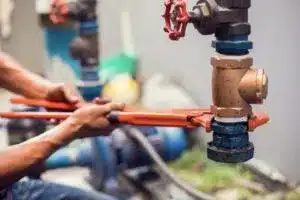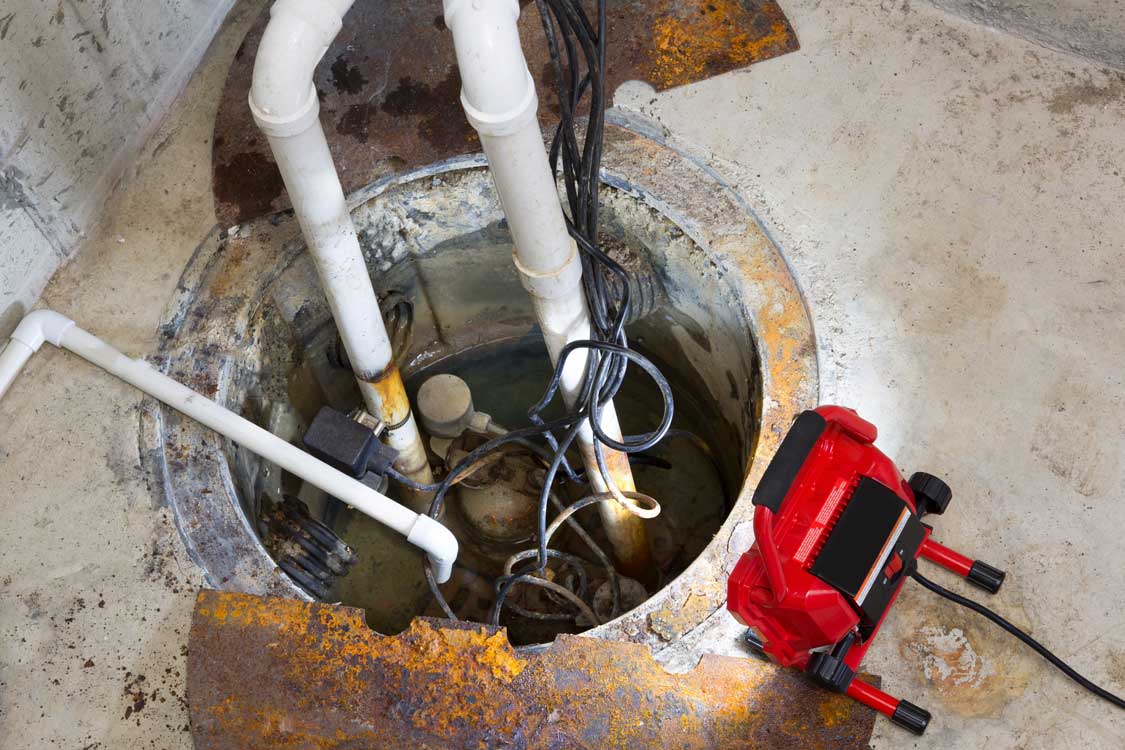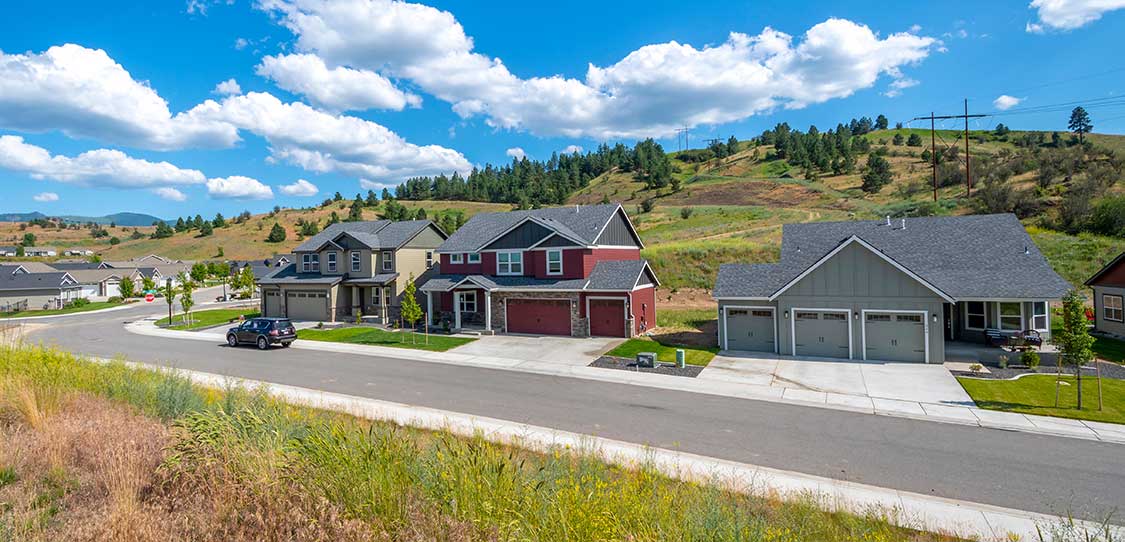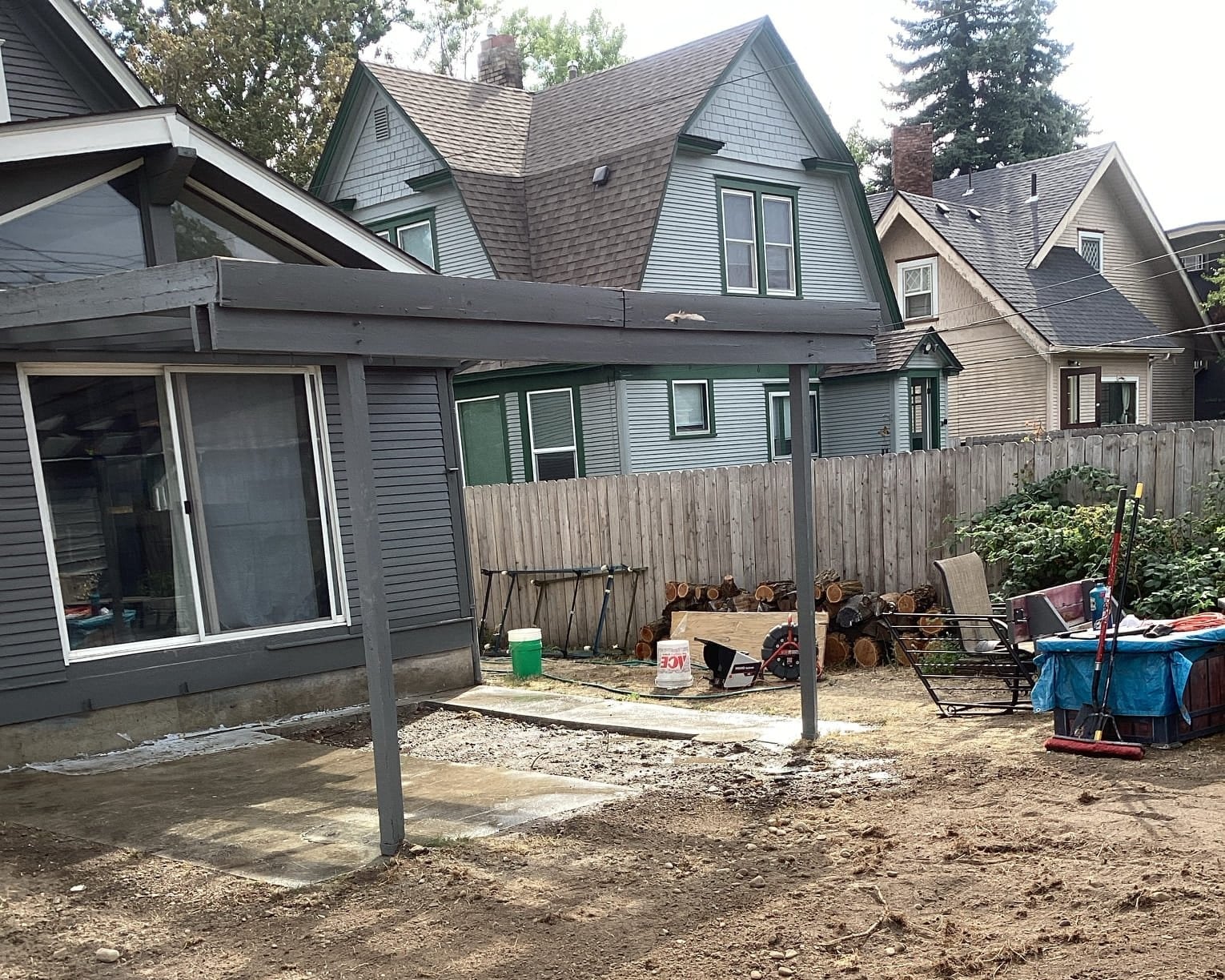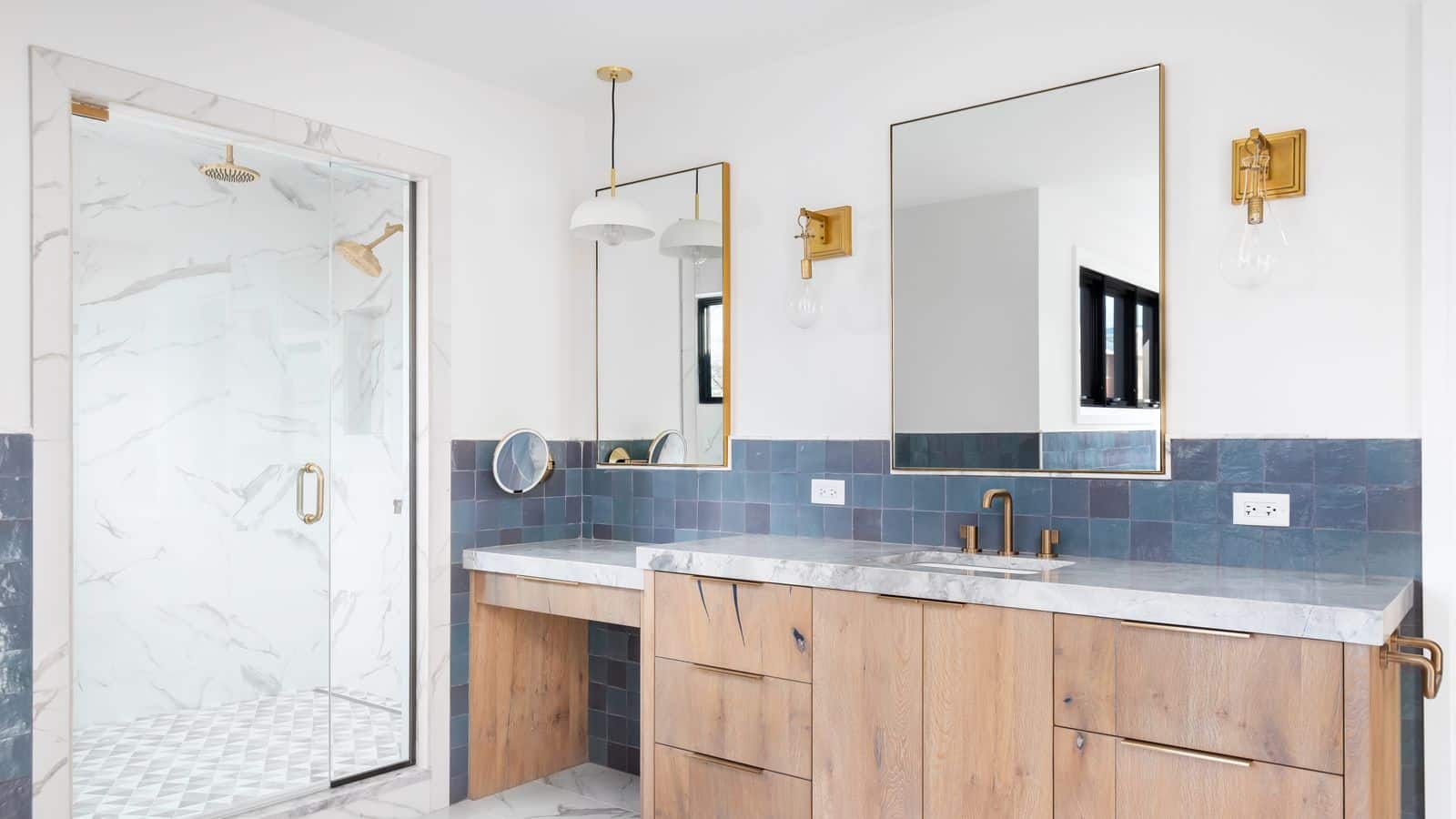A backflow preventer is an essential component of any plumbing system. Backflow preventers are attached to the water supply line and check water before it enters the home to make sure it’s safe to drink, preventing contamination from returning to the main water source.
While backflow preventers do not require much maintenance, there are still some steps you can take to help keep your unit working at peak performance year-round. This article covers how to maintain your backflow preventer to help you enjoy fresh, clean water throughout your home all year long.
What is a backflow Preventer?
A backflow preventer is a device installed on a water supply line to prevent unsafe water from flowing backwards into your home’s plumbing systems, especially in cases of an emergency. Because we typically don’t think about them, they can often be overlooked when it comes to maintenance checks. In fact, most people don’t even know what a backflow preventer is!
And how do you Maintain it?
You’ll need to:
- keep it clean and free of debris
- Test it yearly (usually) to ensure proper function
- Replace damaged parts before they become a problem.
That’s all there is to it, folks! It may sound simple, but your backflow preventer is an important safety device that makes sure your city water supply doesn’t get contaminated. To ensure its effectiveness, take care of your preventer so you can enjoy its benefits for years to come.
Things to avoid during maintenance:
Turning off, or completely disconnecting your backflow preventer can be dangerous to your home and your family. In some areas, it is also illegal to do so. Here are a few tips on how to properly maintain a backflow preventer and avoid those common mistakes.
Most importantly, you must make sure that there isn’t any water in front of your device during maintenance; If there is water present during maintenance it will cause damage to your device. When you turn off a backflow preventer, let all water drain out of it before turning it back on. Also, avoid over tightening or misaligning O-rings and seals during maintenance. These little pieces can be easily damaged if not handled properly.
Last but not least, do NOT attempt to test or re-certify your device unless you are properly trained to do so by someone who is certified as an operator/maintainer of backflow devices!
Miscellaneous Maintenance Tips
Just as there are many different kinds of backflow preventers, there are also a number of ways to go about maintenance. Some require annual checkups, others only need to be checked every few years. Still others can simply be tested by turning them on and letting them run water through it at intervals. Make sure you ask your plumber or contractor what kind of maintenance your backflow device requires, so you know how often to turn it on and what tests it needs passed before its considered safe.
If you aren’t in an area that is required to have a back flow prevention system installed on your property, talk with a professional anyway. Not only can they help advise and install preventers if it’s necessary, but they can also test them at no charge when done! If you are responsible for maintaining or servicing any of these devices, make sure to follow safety procedures before doing so. Double check where lines are placed (and don’t place any hands or tools near them) and follow manufacturer’s instructions regarding flushing out pipes.
Even if everything looks fine at first glance, double check that all connections are tight and free of leaks before turning on anything more than a trickle of water.
Conclusion
In conclusion, a backflow preventer does require maintenance to make sure it functions properly. That said, with proper maintenance you can significantly decrease your chances of water loss or other accidents caused by backflow. Many common problems can be fixed without having to replace parts, if you are familiar with how these devices work and what needs to be done. Do not attempt self-maintenance unless you feel confident in doing so; if you have any doubts about your ability, find an expert plumber that specializes in commercial plumbing. If a repair is needed, get it taken care of immediately as waiting could lead to further damage down the road that will cost more money than simply getting things taken care of right away.

